REGISTERED
NDIS PROVIDER
DNCC is a registered healthcare provider that is committed to empowering individuals with disabilities to enhance their quality of life under the National Disability Insurance Scheme (NDIS). We provide a wide range of capacity and skill-building programs, as well as personalized support services, that are tailored to meet the unique needs of each of our clients. Our offerings are designed to address the distinctive requirements of individuals with disabilities, ensuring that they receive the necessary support and assistance to live fulfilling lives.

Service We provide
At our organization, we prioritize independence and offer a comprehensive range of eleven essential disability care services as a trusted NDIS provider.
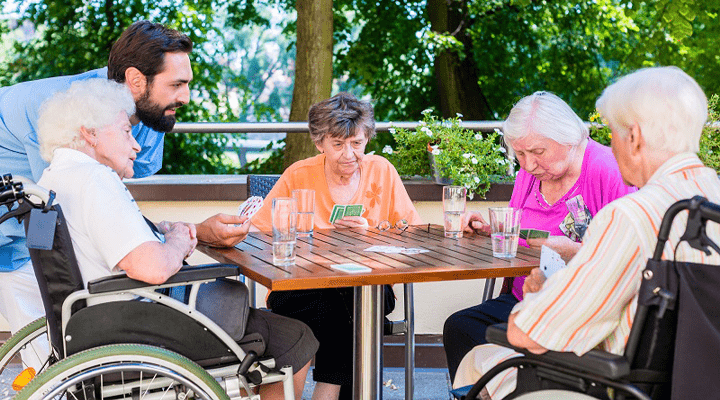
Group/Centre Activities

Plan Management

Participate Community

Household Task

Development-Life Skills

Innov Community Participation
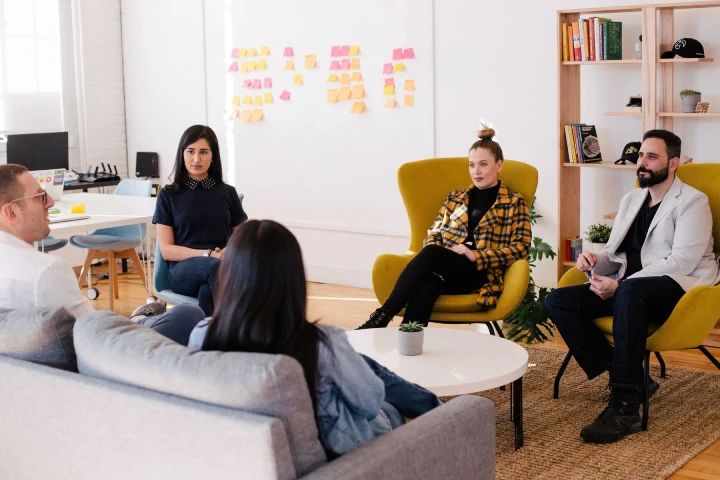
Daily Tasks and Shared Living
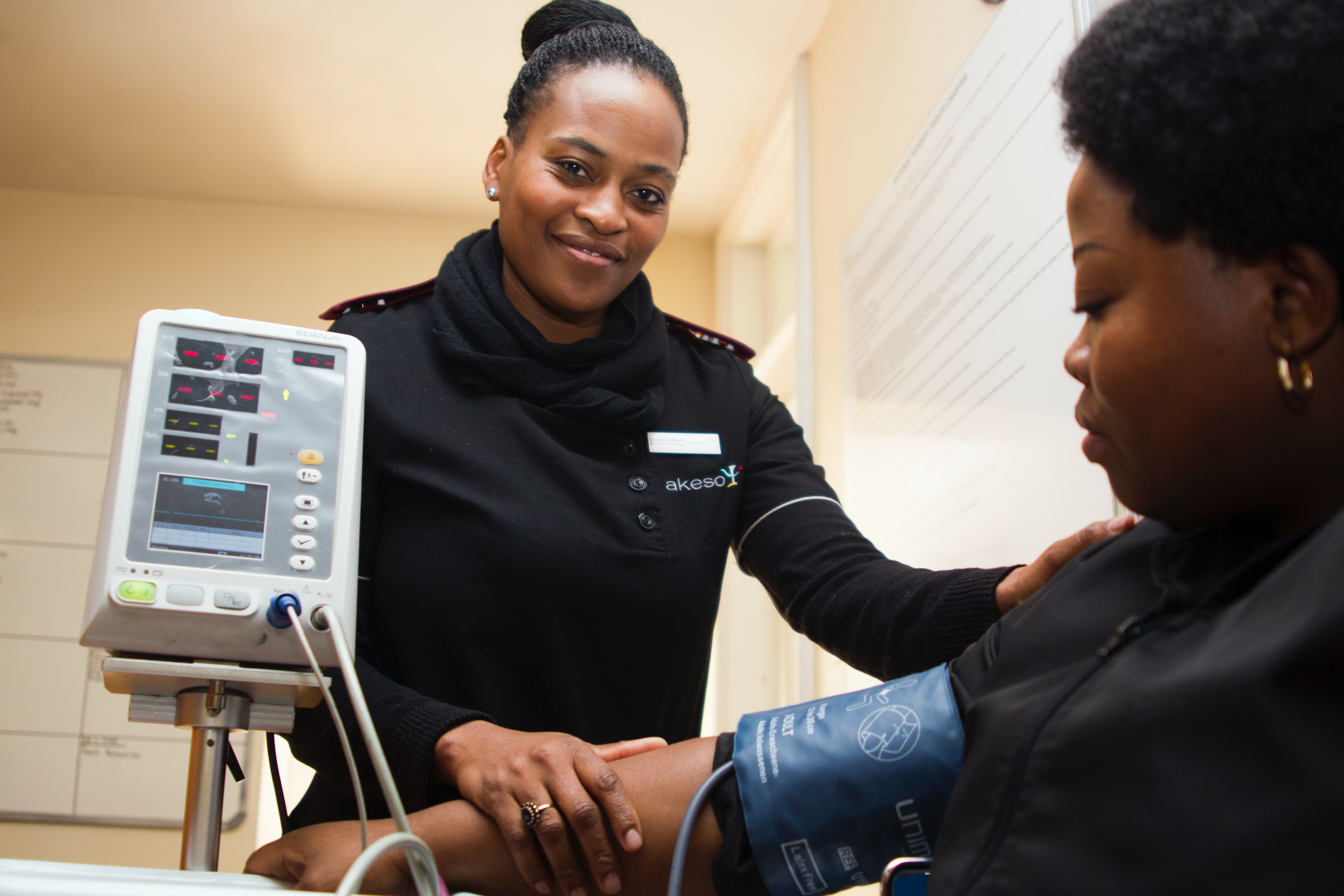
Community Nursing Care
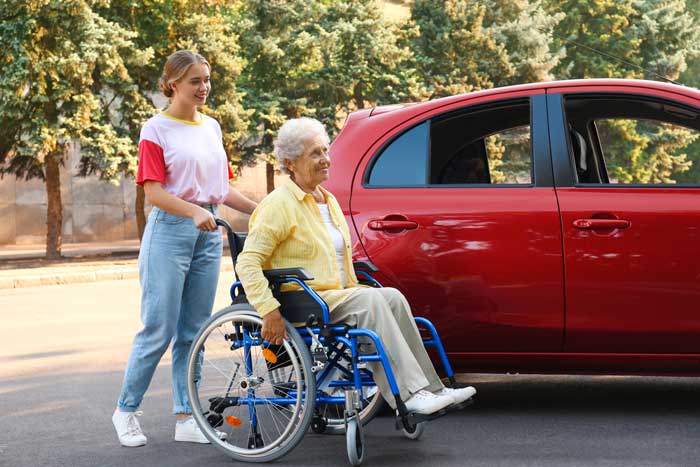
Assist-Travel and Transport
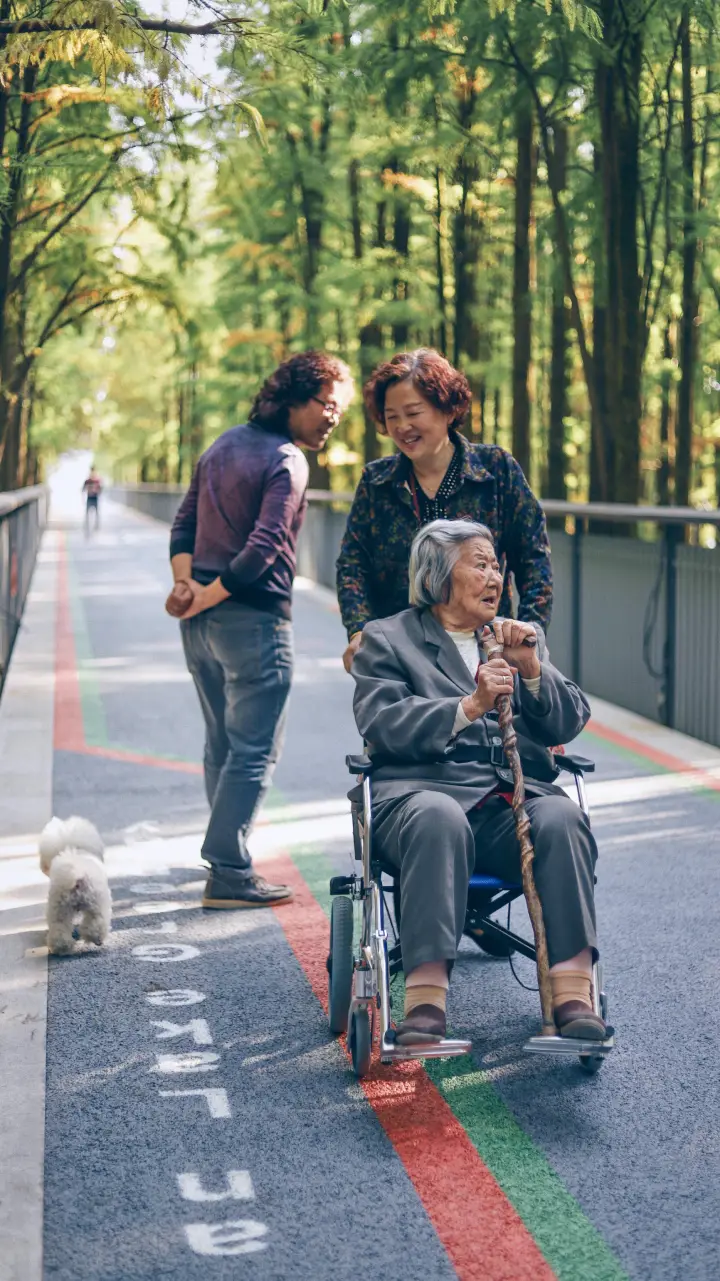
Assist-Personal Activities
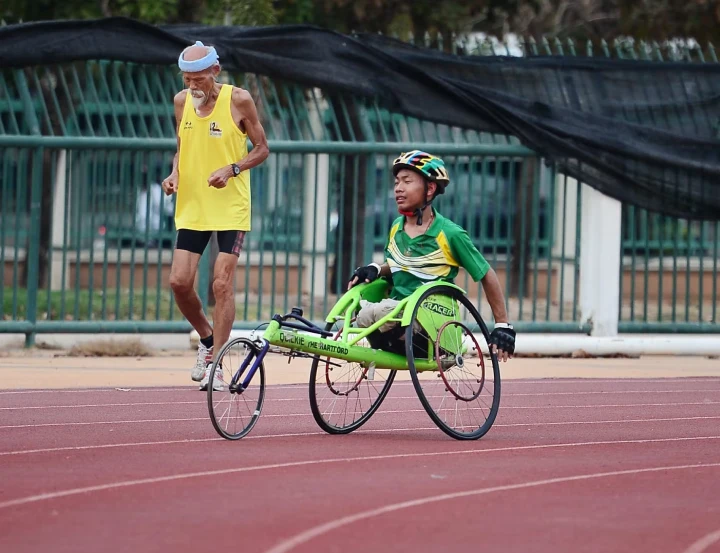
Assist Personal Activities High
WHY CHOOSE US AS YOUR DISABILITY
SERVICE PROVIDER?
As a Sydney-based registered NDIS disability service provider, we bring over 20 years of expertise in supporting individuals with disabilities. Our primary focus is to empower people with disabilities to live as independently as possible. With our extensive experience, we are dedicated to providing the highest level of support and helping our clients achieve their goals.
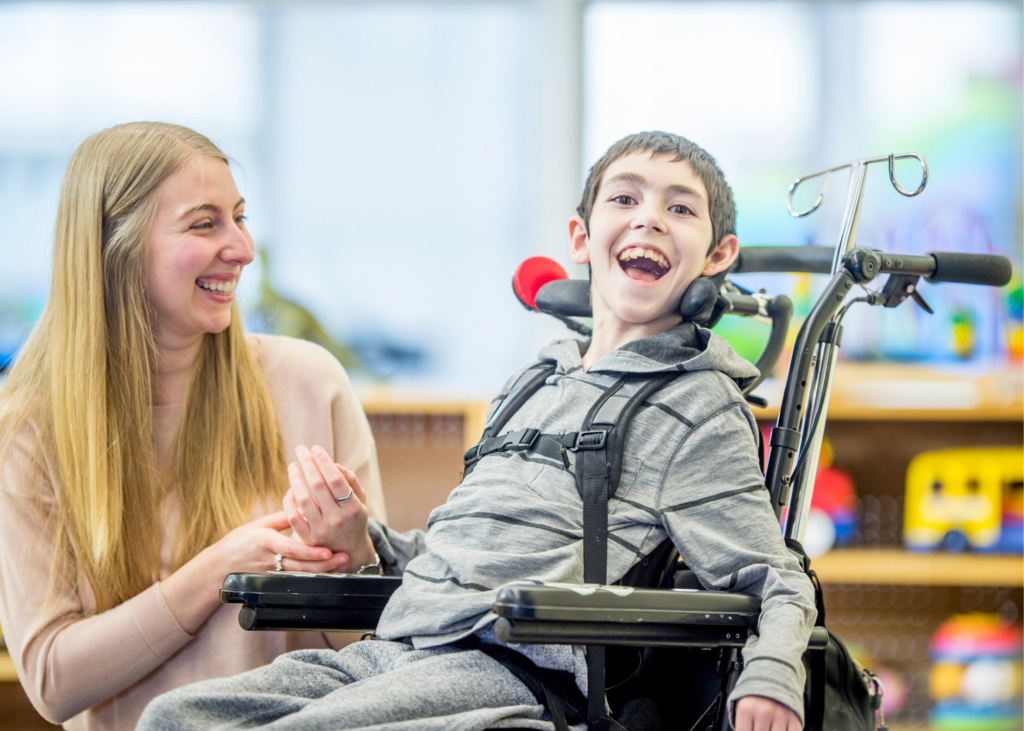
The Benefits of Adaptive Sports for People with Disabilities
May 1, 2023
People with disabilities face unique challenges when it comes to physical activity and exercise. However, participating in adaptive sports can offer a range of physical, social, and emotional benefits. In this blog post, we'll explore the many advantages of adaptive sports for people with disabilities.
Navigating the Challenges of Online Learning with a Disability
April 1, 2023
Online learning has become increasingly popular in recent years, but for people with disabilities, it can present unique challenges. In this blog post, we'll explore some of the common obstacles that individuals with disabilities may face when participating in online learning, and offer strategies for overcoming these challenges.
The Importance of Self-Advocacy for People with Disabilities
April 10, 2023
Self-advocacy is an essential skill for people with disabilities, empowering them to take control of their lives and ensure that their voices are heard. In this blog post, we''ll explore why self-advocacy is so important for people with disabilities, and offer tips and strategies for developing and honing this critical skill
How Assistive Technology is Transforming the Lives of People with Disabilities
April 19, 2023
Assistive technology has come a long way in recent years, offering new tools and opportunities for people with disabilities to live more independently and achieve their goals. In this blog post, we'll explore the ways in which assistive technology is transforming the lives of people with disabilities, and highlight some of the latest and most innovative products on the market.
THE INSPIRING STORY BEHIND
OUR FOUNDATION
Founded in 2022, DNCC is dedicated to promoting equality in disability and healthcare services. Our vision is to empower individuals with disabilities through personalized and person-centered support. As an NDIS Disability Support provider, our mission revolves around empowering individuals to take control of their lives. With the invaluable expertise of Suman and Kadam in the healthcare field, we consistently deliver high-quality services to make our vision a reality.

Resources
Latest News
Client Testimonials: Hear What Our Clients Say About Us



Frequently Asked Questions
DNCC
Take part. Contribute to changing the world in disability.
Head office
Contact Number
0426 428 608

